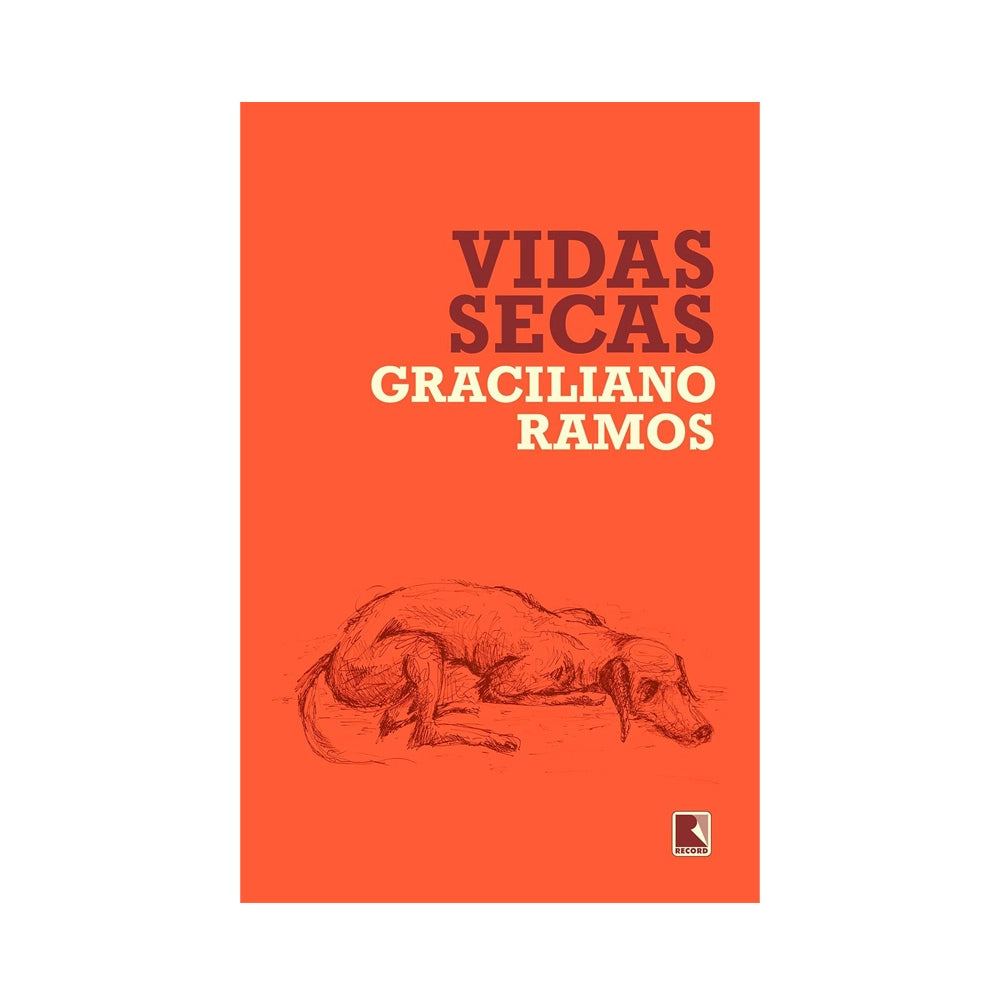Dried lives
Dried lives
SKU:9788501114785
Couldn't load pickup availability
Descrição
Graciliano Ramos was born in 1892, in the interior of Alagoas, and grew up on his father's farm before moving to the state capital and, later, to Rio de Janeiro, where he began working in the press. In 1937, he was arrested on vague accusations of defending communist ideologies. Upon leaving prison, he looked for work as a journalist at a newspaper in Rio de Janeiro. The editor then allowed him to publish a short text, and Graciliano wrote a short story called “Whale”, about the suffering and death of the dog of a family of rural migrants. The story was a success and the newspaper ordered others in the same style. Graciliano then produced a story for each member of the family: the father, the mother and the two children. Thus was born Vidas Secas, narrated in third person, with thirteen chapters that, as they do not have temporal linearity, can be read out of order, like short stories. Originally released in 1938, Vidas Secas portrays the miserable life of a family of rural migrants forced to move from time to time to areas less affected by drought. The father, Fabiano, walks through the arid landscape of the Brazilian Northeast caatinga with his wife, Sinha Vitória, and their two children, who have no name, being called only “eldest son” and “youngest son”. They are also accompanied by the family dog, Baleia, whose name is ironic, as the lack of food has made her very thin. Vidas Secas belongs to the second modernist phase of Brazilian literature, known as “regionalist” or “novel of the 30s”. It strongly denounces the ills of the Brazilian people, especially the poverty situation in the northeastern backlands. It is the novel in which Graciliano achieves the maximum expression he had been seeking in his prose: what drives the characters is the dry, harsh and cruel, and paradoxically the telluric, affective connection, which he exposes in those beings in retreat, looking for means of survival and a future.


